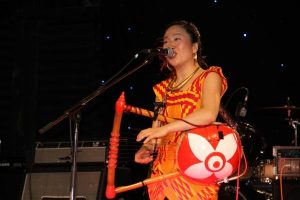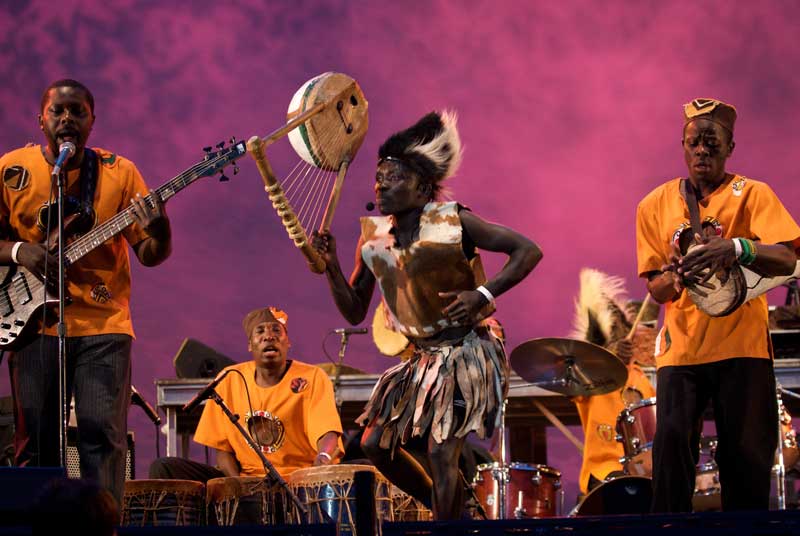Lets Bring the Feeling Back!
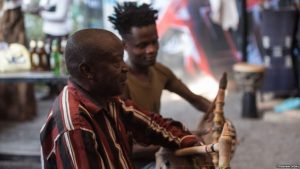
The eight-stringed nyatiti was once a popular instrument in Africa’s Great Lakes region, but its use has declined dramatically. Now, a Kenyan master is teaming up with a young virtuoso to revive the tradition with a new album of Nyatiti music.
Oduor Nyagweno‘s been playing the nyatiti, a traditional African instrument, since he was a boy in Kenya’s western region.
He earned the nickname Nyagweno, meaning “spring chicken” in the Luo language, for his boundless energy as a young player.
He says, “I started when I was 13 … When I first saw the instrument, and when I first held the instrument, it was a good feeling, it was an indescribable feeling … Now, I’m 70 years, and I’m still playing.”
The nyatiti was once popular throughout this part of East Africa. It is made of a wooden resonator covered in goat skin, and players pluck its eight strings like a harp.
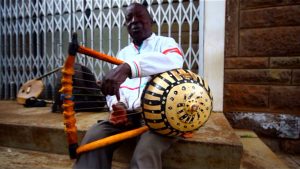
He says, “of course, there were many different people who played … We would compete, and if you win, your name became famous … My name went very far.”
Since those raucous days, the nyatiti has faded in Kenya. Old players passed away and young people took an interest in rock and hip hop music. But Nyagweno hopes to keep the instrument alive.
He’s teamed up with a young virtuoso, 25-year-old Daniel Onyango, and other Nairobi-based musicians to make a full album of classic nyatiti music.
He says, “The wisdom this instrument represents is that there are things that the past can teach us. Even like the people today, what we say now can’t be said without the words people spoke in the past.”
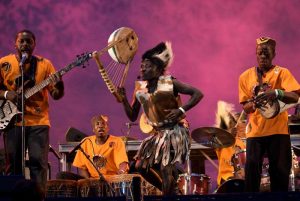
Onyango has studied under Nyagweno for seven years. He’s taken the nyatiti international, performing in Uganda, Sweden, and the United States.
He also gives the old instrument a modern twist, playing the nyatiti in a band that includes electric guitar, saxophone, and drums.
“I think one of the unique things about young people picking up the instrument is they are able to experiment and popularize the instrument,” said Onyango. “The people in the urban setting … they perceive this as an instrument that you can only play for the tourist … and I think that has had a negative effect on our musical heritage. But also it’s a cool challenge, because there’s more possibility, you automatically stand out among thousands of musicians who play western guitar.”
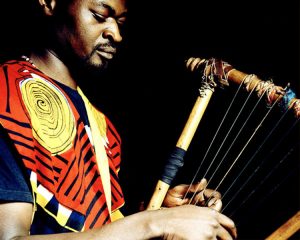
Though the nyatiti is traditionally of the Luo tribe, Onyango, who hails from a different tribe, hopes to make it the instrument the pride of all Kenyans. Here, he sings in the Kikuyu language.
For Nyagweno, seeing a new “spring chicken” play the nyatiti gives him comfort that his legacy won’t be lost.
He says, “I can say that he is like my son. Playing the nyatiti won’t stop with my death. He will continue the traditions of the past. It can’t be extinguished yet as long as we are still teaching them.”
The album titled “Oduor Nyagweno and the Nyatiti Attack” will be released in May by Kenya’s Dagoretti Records.
